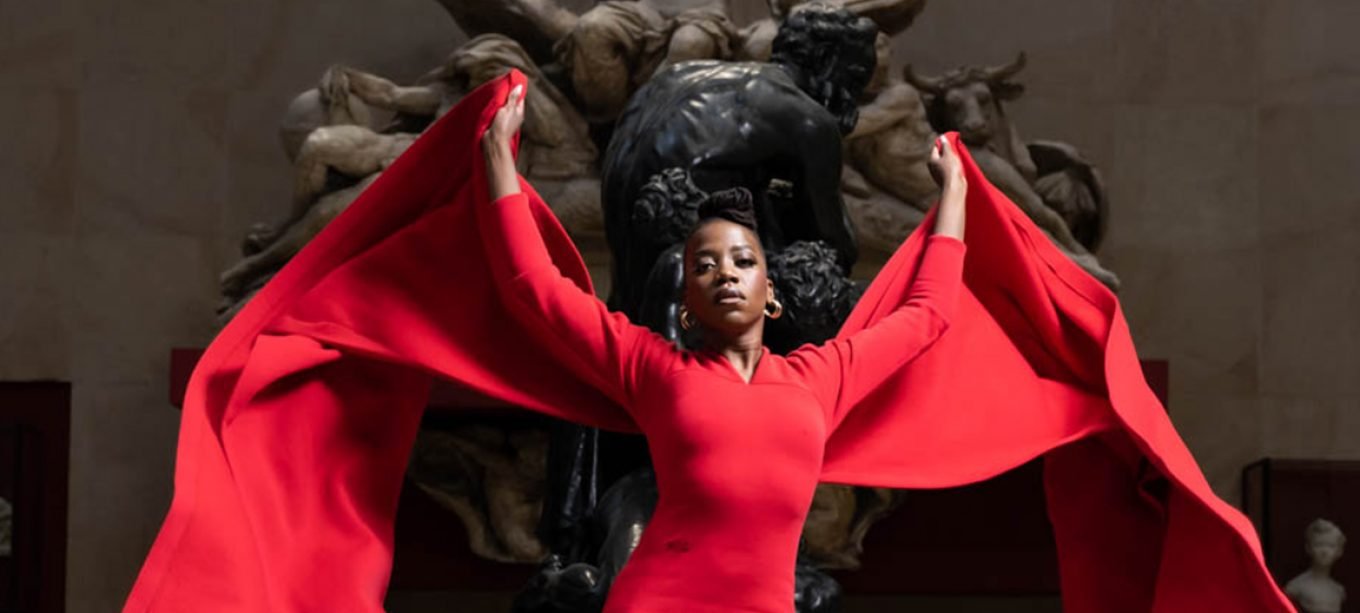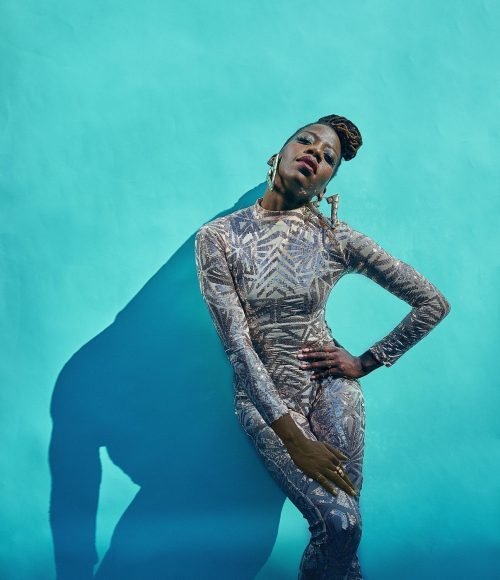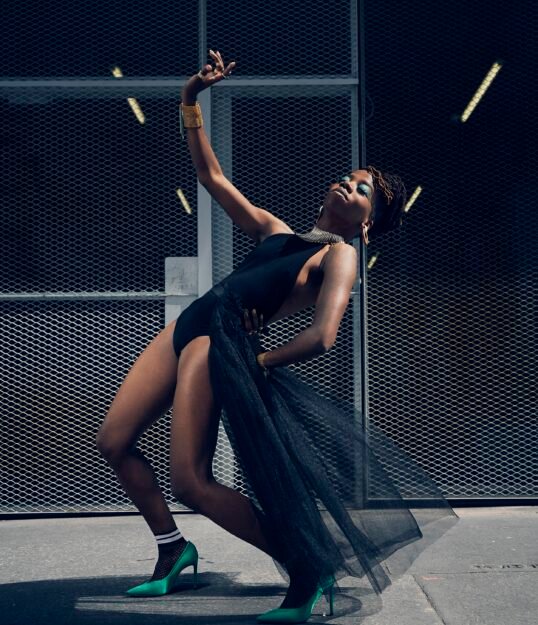Josepha "Princess" Madoki,
Choreographer, Artistic director, Dancer
Josépha Madoki is often regarded as the leading figure of a culture that is increasingly gaining traction in France and throughout Europe: Waacking.
In 2016, Princess Madoki co-founded the first French Waacking collective, Ma Dame Paris. She has created performances that highlight this aesthetic, with works like Waackez-vous Français ? and Oui, et vous ?
In 2019, she launched her own Waacking festival in Paris: the All Europe Waacking Festival. Over the years, this event has become the must-attend gathering for the entire European Waacking scene.
In 2022, with Company Madoki, she created the performance D.I.S.C.O. – Don’t Initiate Social Contact with Others for 8 dancers and a female DJ, showcasing both the world of clubbing and Waacking culture on stage. The backdrop of the performance was the social impact of forced
distancing during the pandemic. This work successfully toured Europe.
That same year, Josépha Madoki participated in the rock opera STARMANIA as the assistant choreographer to her longtime mentor, Sidi Larbi Cherkaoui.
She collaborates with one of the leading figures in stage direction, Thomas Jolly, who, following this project, invited her to choreograph his latest production at the Paris Opera in 2023 : Romeo and Juliette. Madoki became the first Waacking choreographer in the history of the prestigious Opéra de Paris.
For the opening ceremony of the Paris Olympic Games, Thomas Jolly invited her to create a Waacking performance, where she performed alongside the dancers from her company.
In 2025, the Ballet de Lorraine commissioned her for a new creation, alongside Maud Le Pladec.
Throughout her dance career, creation, and collaborations, Josépha Madoki has developed a choreographic style rooted in the Waacking aesthetic.
As an educator and unifier, she is actively involved in passing on this dance to new generations, contributing to Waacking’s prominent place in the choreographic landscape in France andinternationally.




